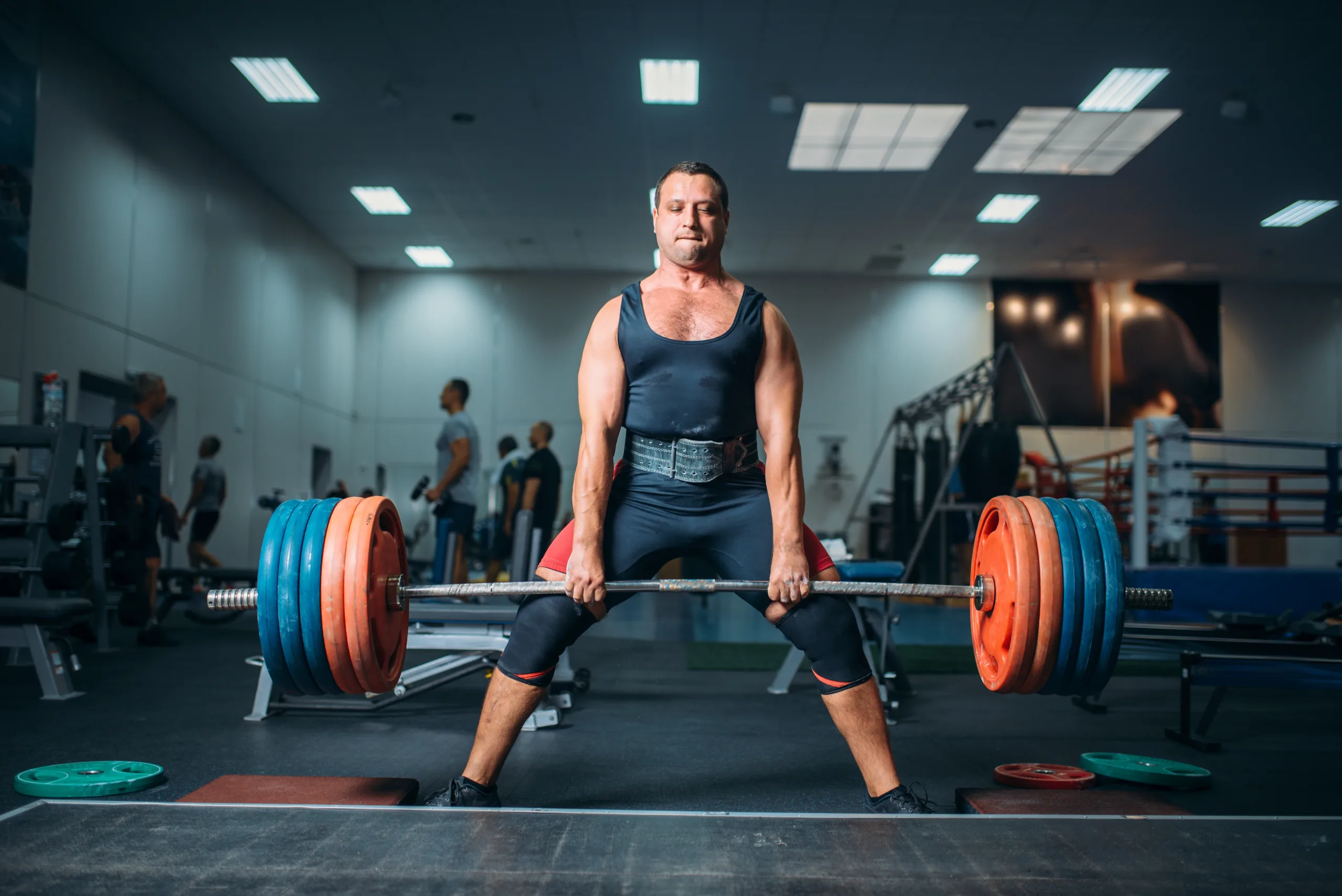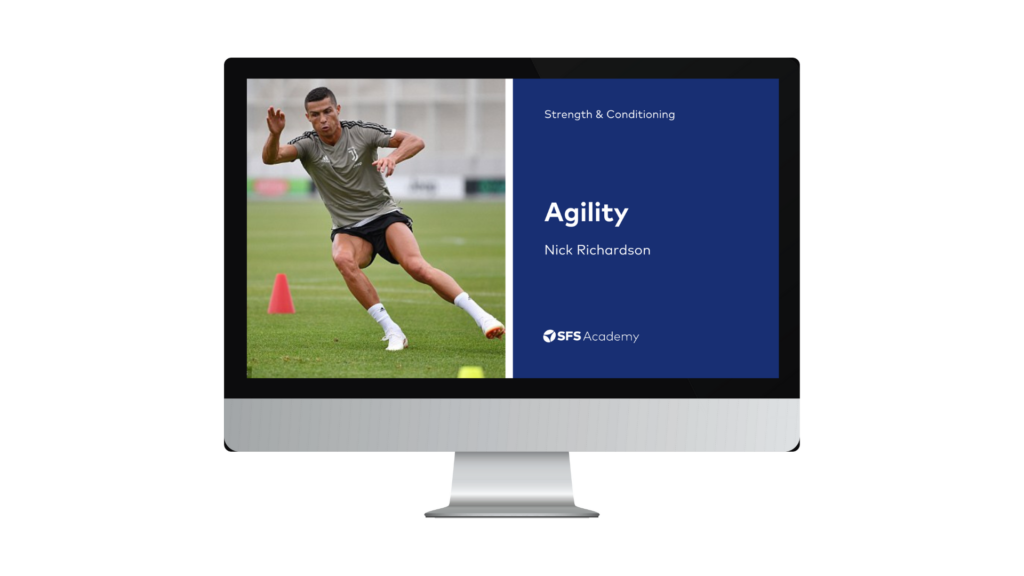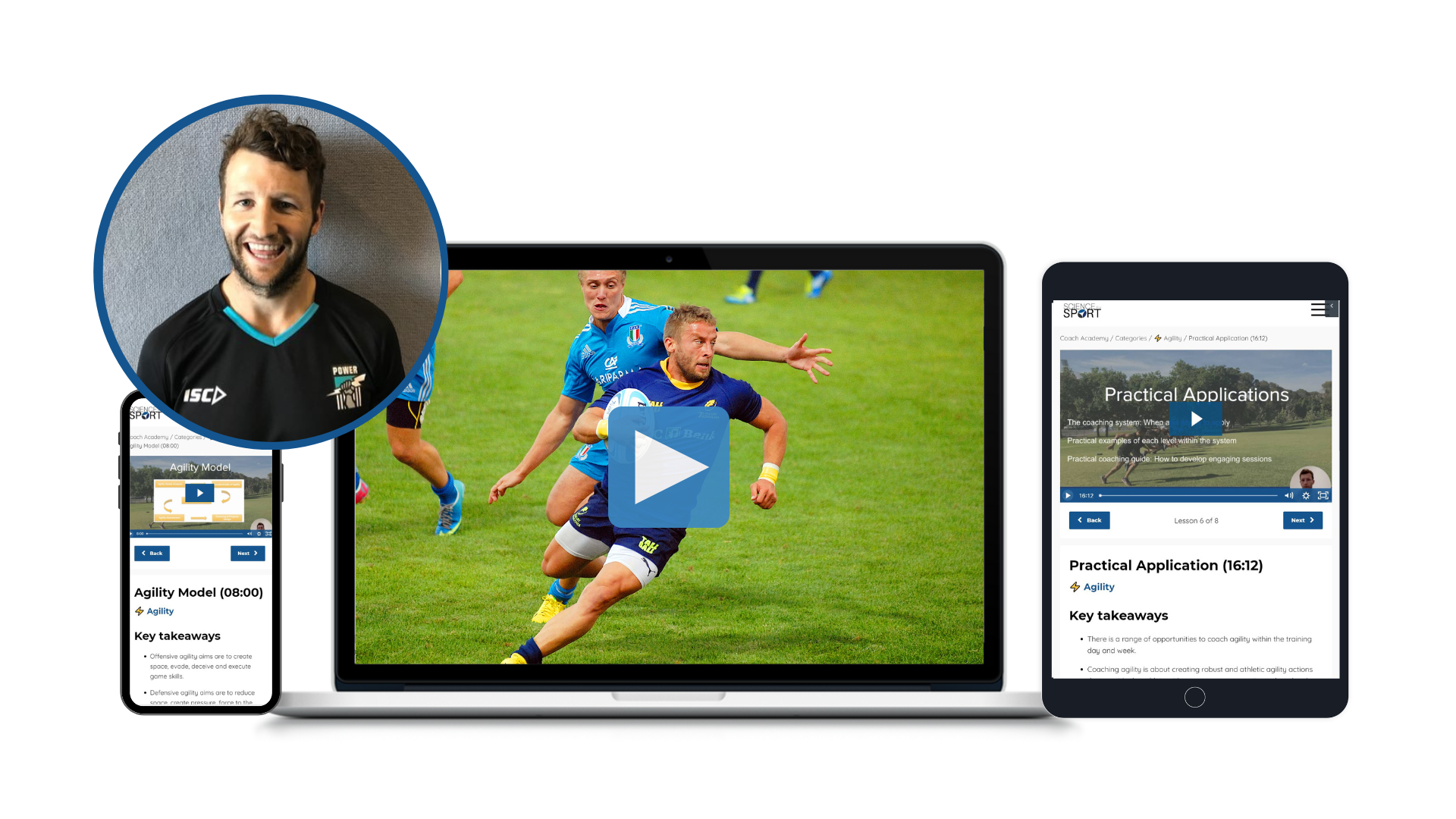About this Episode
In episode 142, Tanno de Pender, International Powerlifter and S&C Coach at TeamNL, joins us.
Specifically Tanno will be looking at:
- What powerlifting is and how to train for it
- What other sports can learn from powerlifting
Have you ever seen those super-human meathead athletes in lycra lifting seemingly impossible weights and thought “I could probably learn something from them”? If you’ve not, you’ve probably never seen powerlifting.
The sport is strength in its purest form, and there are a tonne of lessons that the rest of the sporting world can learn from these colossal feats of force production.
With this in mind, we invited Tanno de Pender to join us on the Science for Sport Podcast. Tanno is not only the Strength and Conditioning Coach for the Dutch Track Cycling Team but also a world-class powerlifter himself.
This combination makes him a great person to listen to when it comes to applying the lessons learned from powerlifting to other sports.
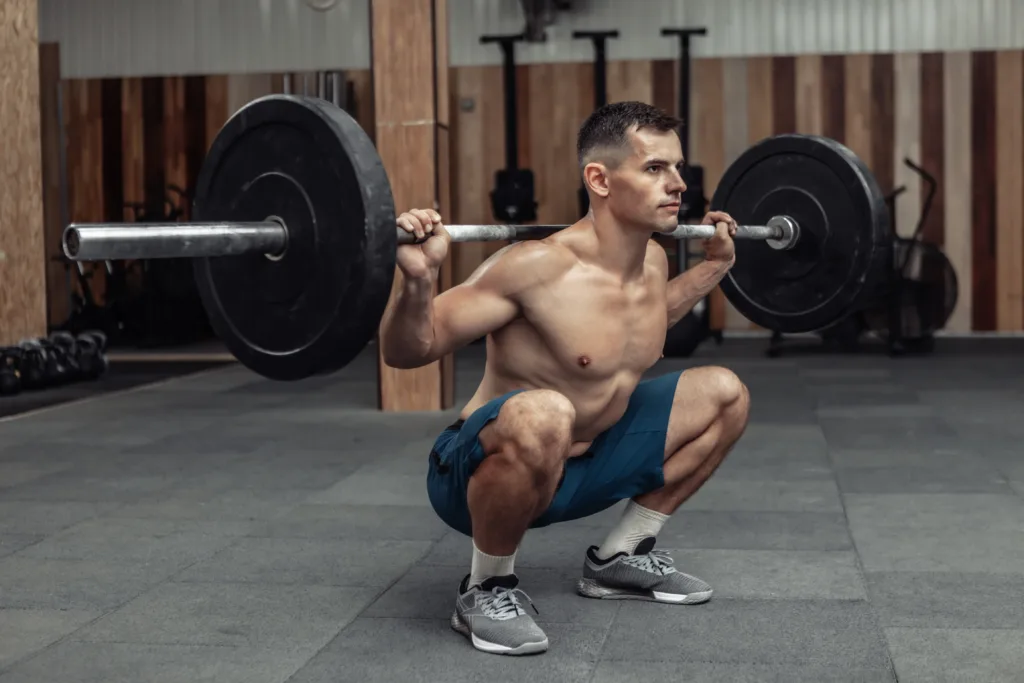
So before we get kicked off with exactly what other athletes can learn from powerlifting, it’s important to get to grips with what the sport is.
“Powerlifting exists in three different disciplines. So we have the squat, the deadlift, and the bench press. Within the competition, we get three attempts per lift in front of a jury to try and lift as much weight as possible,” de Pender said.
So to do this, powerlifters will need some serious muscle, but because of weight classes, hypertrophy can’t be the only adaptation that powerlifters look for. Of course, this is an aspect that many sports have in common.
“Strength is, of course, it’s a mixture of physiological development, it’s a mixture of neurological adaptation, and it’s a mixture of your ability to produce force based on the muscle mass that you have,” de Pender said.
So when it comes to developing this strength, powerlifters have a special advantage compared to other sports. Their sport is exclusively lifting weights.
“One of the unique perspectives I think you can get from a powerlifting background is the ability to control exercise variables to a very large degree, something that is definitely not possible in team sports.
What is the advantage of this? Well, crucially you know exactly how much you did, and where any fatigue comes from.
“I think it gives you a deepened understanding of being able to play around with those variables,” de Pender said.
This brings up one key lesson that other sports can learn from Powerlifting: Monitor workload well.
Obviously, in powerlifting, the fact that there is limited or no workload outside of lifting weights makes things easier, but if other sports can apply the same principles to their practice, there could be some big performance improvements.
“Modelling your workload is very important and you can do that in powerlifting in a very simplistic way. That basic understanding opens up some doors, especially if you’re able to bring this also to a sport setting which comes with many more challenges,” de Pender said.
Next to workload monitoring, de Pender thinks that the detailed eye that is needed to improve exercise technique in powerlifting is highly transferable to other sports.
“Take a couple of moments and really dial in what good technique. So things such as movement, efficiency, being able to keep your bar path in check, and what kind of cueing you would be able to use to reinforce those moving patterns. I think these are very valuable things that are not as emphasised in many team sports,” de Pender said.
This technique emphasis can easily be extrapolated to on-pitch movement, though the big Dutchman does appreciate that team sports don’t have the same one-on-one training luxury which powerlifting often does.
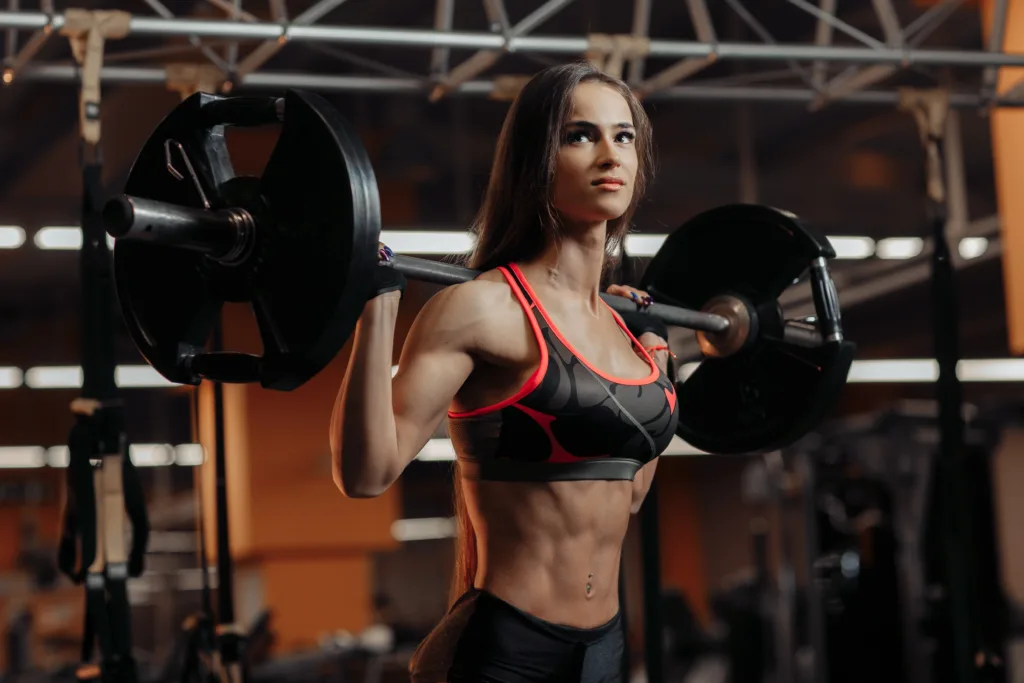
“Individual attention is much more challenging within group settings than it is in individual coaching,” de Pender said.
But maybe this is something that clubs and organisations could look to improve on in the future. Especially given the relative cost of coaches compared to, for example, Premier League Footballer salaries.
So there you have it, some great lessons that every sport can take from the world of powerlifting.
If you want to hear more from de Pender, including a tonne more great advice for athletes and coaches working in other sports, hit the link below to listen to the full episode.
